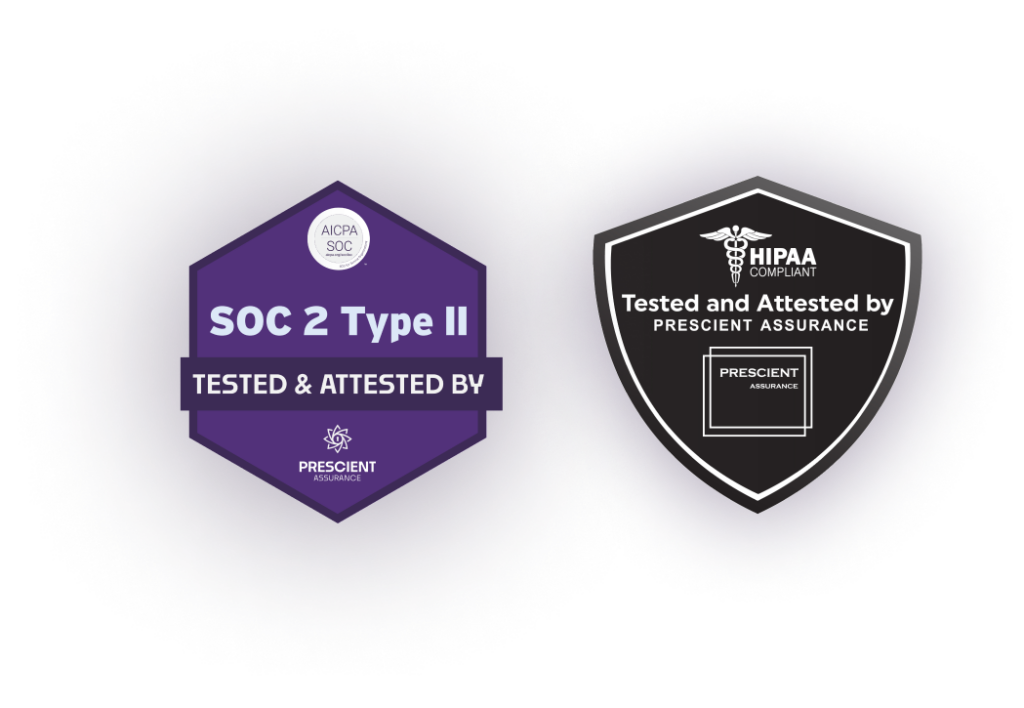Transition of Care Management Analytics
The goal for healthcare providers, employers and patients is to reduce the down time and the cost of being hospitalized. Everyone benefits when the patient can leave the hospital and resume their everyday activities as soon as possible.
Hospitals directly benefit from low readmission rates in that they can be fined by Medicare if those rates are too high. Artificial intelligence (AI) based systems in health care streamline the transition process from the hospital to home or care facilities and help to identify and mitigate the factors related to readmission.

Porter offers state-of-the-art transition of care management analytics in the United States and provides payers, payees, employers, and providers with administrative and reporting tools to utilization patterns and outcomes data. These tools have proven to:
- Reduce in inpatient, outpatient and professional medical costs
- Improve member retention and drive growth
- Leverage existing risk adjustment investments
- Decrease case manager administrative burden and labor costs procuring durable medical equipment (DME)
- Improve discharge timing and reduce unnecessary delay in patient stay
- Patient education and improvement in HCAHPS scores
- Reduce readmission penalties
When patients are actively engaged in their post-care it can lead to better quality of care and reduce the number of readmissions for treatment. In a study conducted by McKinsey, it revealed that patients were often surprised by unexpected medical complications after the acute event. This included 44% of the of the follow-up care that was considered unplanned and involved inpatient treatment, such as hospitalization. One-third of this unplanned, follow-up treatment could have been avoided by eliminating unclear discharge instructions and insufficient post-acute medical care.
Best Transition of Care Management Analytics
The best transition of care management analytics in [acf field=”state”] allows care managers to identify programs for their patients and help improve outcomes by identifying rising-risk patients, palliative, or hospice care patients, those with chronic conditions, and increasing patient engagement.
Porter analytics allow healthcare providers to quantify patients that fall into these categories and those that may have the highest probability of readmission. The data gathered allows providers to have a more holistic view of their patients. Solutions that address readmission risk patterns are then drafted to meet the patient’s needs, and follow-up care communication is customized to the patients’ preferences.
When the unique attributes and needs of each patient are analyzed, solutions have a better chance of success, and the patient receives the more personalized follow-up they deserve. They key is gathering and analyzing data. Proper data can provide the highest value when creating personalized healthcare solutions for patients.
Improve your Transition of Care Management Analytics Today:
If you feel that you or your company could benefit from the transition of care management analytics that Porter provides, contact Porter today and get started with a better, more efficient and patient centered model of transition planning.
